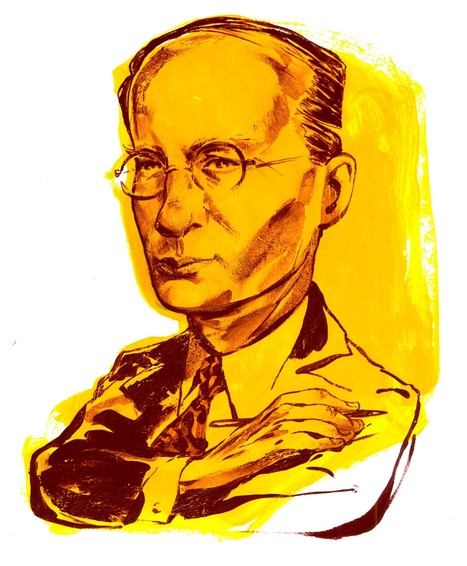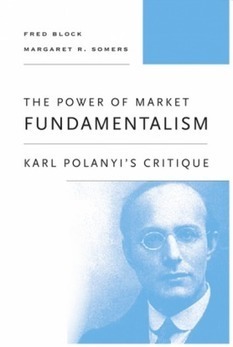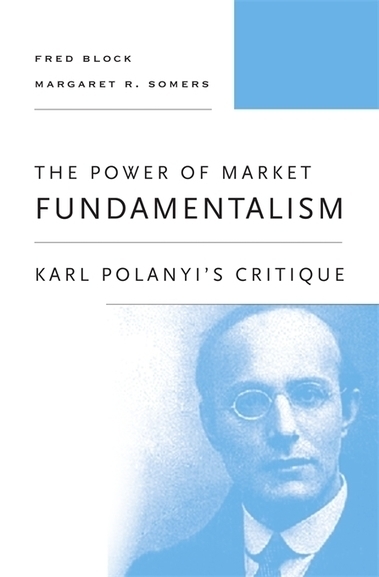In November 1933, less than a year after Hitler assumed power in Berlin, a 47-year-old socialist writer on Vienna’s leading economics weekly was advised by his publisher that it was too risky to keep him on the staff. It would be best both for the Österreichische Volkswirt and his own safety if Karl Polanyi left the magazine. Thus began a circuitous odyssey via London, Oxford, and Bennington, Vermont, that led to the publication in 1944 of what many consider the 20th century’s most prophetic work of political economy, The Great Transformation: The Political and Economic Origins of Our Time.
Research and publish the best content.
Get Started for FREE
Sign up with Facebook Sign up with X
I don't have a Facebook or a X account
Already have an account: Login
on peer-to-peer dynamics in politics, the economy and organizations
Curated by
jean lievens
 Your new post is loading... Your new post is loading...
|
|















